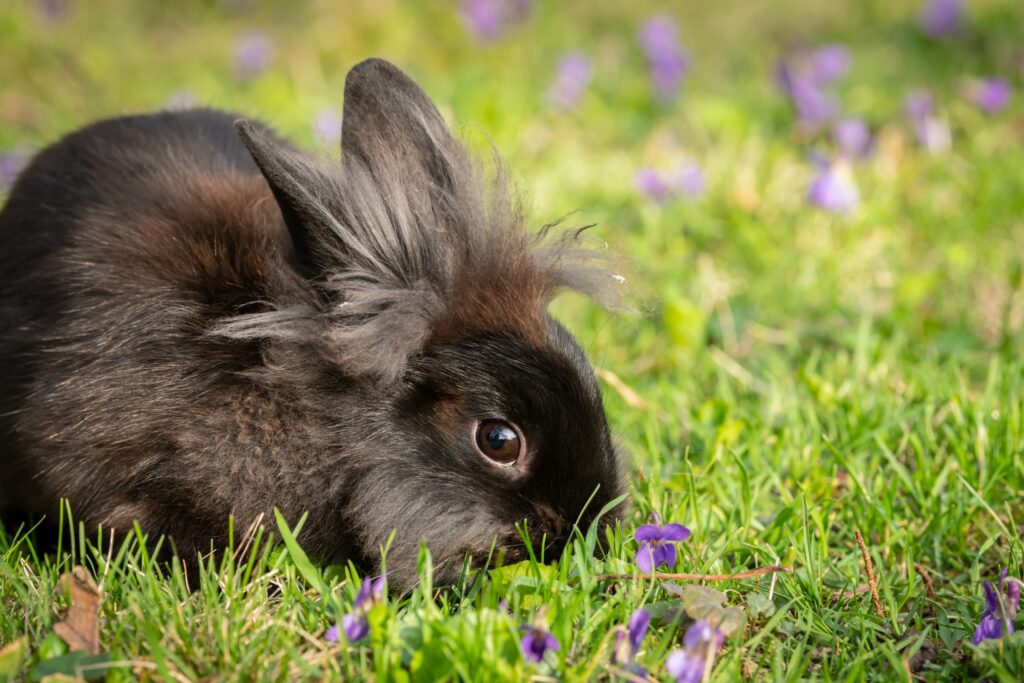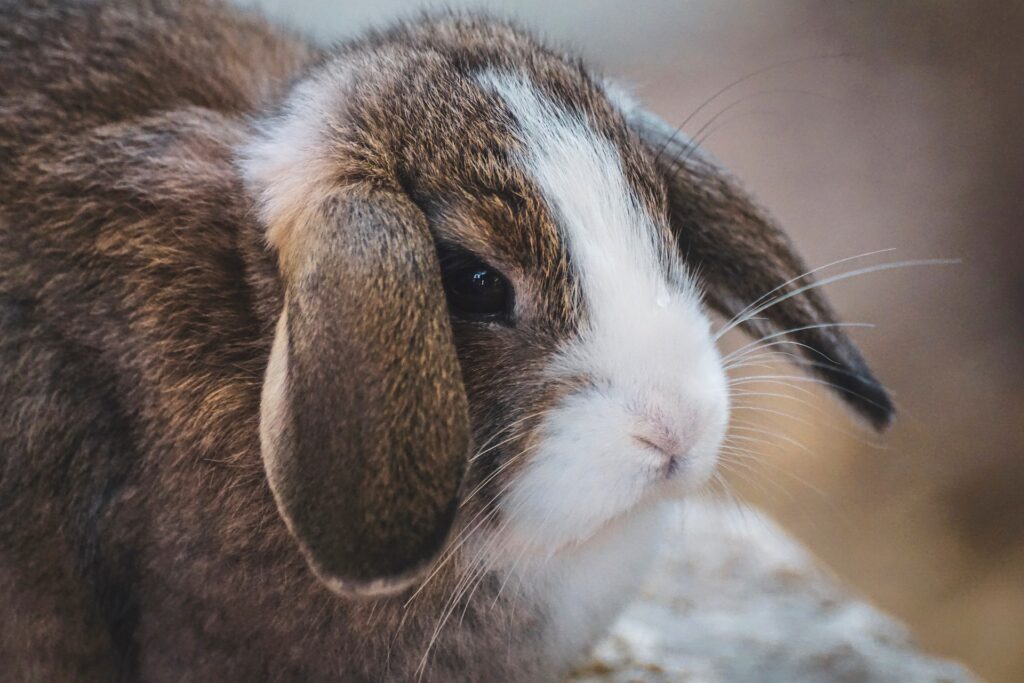Are Dwarf Rabbits Cuddly? Everything You Need to Know
Dwarf rabbits can be cuddly. These small, adorable pets are known for their gentle and friendly nature, making them great companions for people who enjoy cuddling with their animals. However, it’s important to note that each rabbit has a unique personality; not all might want to be cuddled.

To cultivate a cuddly relationship with your dwarf rabbit, it’s crucial to establish trust and handle them properly. Frequent socialization, gentle handling, and a comfortable environment create a close bond with your rabbit, increasing the likelihood of your pet being cuddly.
Temperament
Personality
Dwarf rabbits have a reputation for being friendly and sociable pets. They are often described as affectionate and playful, and many owners enjoy cuddling with their furry companions. However, it is important to remember that every rabbit has its unique personality, and some may be more outgoing and cuddly than others.
It is also worth noting that rabbits are prey animals, which means they may be more skittish and cautious than other pets. They may warm up to their owners and not immediately enjoy being held or cuddled. It is important to be patient and let the rabbit approach you on its terms.
Socialization
Socialization is an important aspect of raising a happy and well-adjusted dwarf rabbit. Early socialization can help the rabbit become accustomed to human interaction and reduce the likelihood of fear and aggression later on.
One way to socialize a dwarf rabbit is to spend daily time with it. This can include petting, grooming, and playing with the rabbit. It is important to approach the rabbit slowly and calmly, as sudden movements or loud noises may startle it.
Providing the rabbit with plenty of opportunities for exercise and play is also important. This can include toys, tunnels, and other enrichment activities. A happy and healthy rabbit is likelier to be affectionate and cuddly with its owner.
Overall, while dwarf rabbits have the potential to be cuddly and affectionate pets, it is important to remember that every rabbit has its unique personality and may require patience and socialization to become comfortable with human interaction.
Caring for Dwarf Rabbits

When it comes to caring for dwarf rabbits, there are a few important things to keep in mind. Proper diet, housing, exercise, and grooming are all essential for keeping your bunny healthy and happy.
Diet
Dwarf rabbits require a diet high in fiber and low in fat. This means that they should be fed a variety of hay, fresh vegetables, and a small amount of pellets. It is important to avoid feeding your rabbit sugary or starchy foods, as these can lead to digestive problems and obesity.
Housing
Dwarf rabbits need plenty of space to move around, so providing them with a large cage or enclosure is important. The minimum size for a dwarf rabbit cage is 1 meter long and about 60 cm wide. Giving your rabbit plenty of opportunities to exercise outside of its cage is also important. This can include supervised playtime in a secure indoor or outdoor area.
Exercise
Exercise is important for keeping your rabbit healthy and preventing obesity. In addition to providing plenty of space for your rabbit to move around, you should also provide toys and other forms of enrichment to keep your bunny entertained. This can include things like tunnels, chew toys, and puzzle feeders.
Grooming
Dwarf rabbits require regular grooming to keep their fur clean and prevent matting. This includes brushing your rabbit’s fur regularly and trimming its nails as needed. Keeping your rabbit’s living area clean and debris-free is also important.
Overall, caring for a dwarf rabbit requires a commitment to providing proper nutrition, housing, exercise, and grooming. However, these small bunnies can make wonderful pets for the right family with the right care.
Bonding with Your Dwarf Rabbit
When bonding with your dwarf rabbit, it’s important to remember that each rabbit has its unique personality. Some may be more cuddly than others, but with patience and effort, you can build a strong bond with your furry friend.

Training
Training your rabbit is an important part of bonding. It will help your rabbit feel more comfortable around you and understand what you expect from them. Start by teaching your rabbit simple commands such as “come” and “stay.” Use positive reinforcement techniques such as treats and praise to encourage good behavior.
Playtime
Playtime is another important aspect of bonding with your dwarf rabbit. Provide your rabbit with toys and activities stimulating their instincts, such as tunnels to run through or chew toys. Spend time playing with your rabbit, but also give them time to explore and play independently.
Cuddling
While not all dwarf rabbits may be cuddly, some enjoy being held and petted. It’s important to approach your rabbit slowly and gently, letting them come to you first. Once your rabbit is comfortable being held, support their entire body and avoid squeezing or restraining them.
Remember to always approach your rabbit with patience and respect. With time and effort, you can build a strong bond with your dwarf rabbit and enjoy a rewarding relationship with your furry friend.